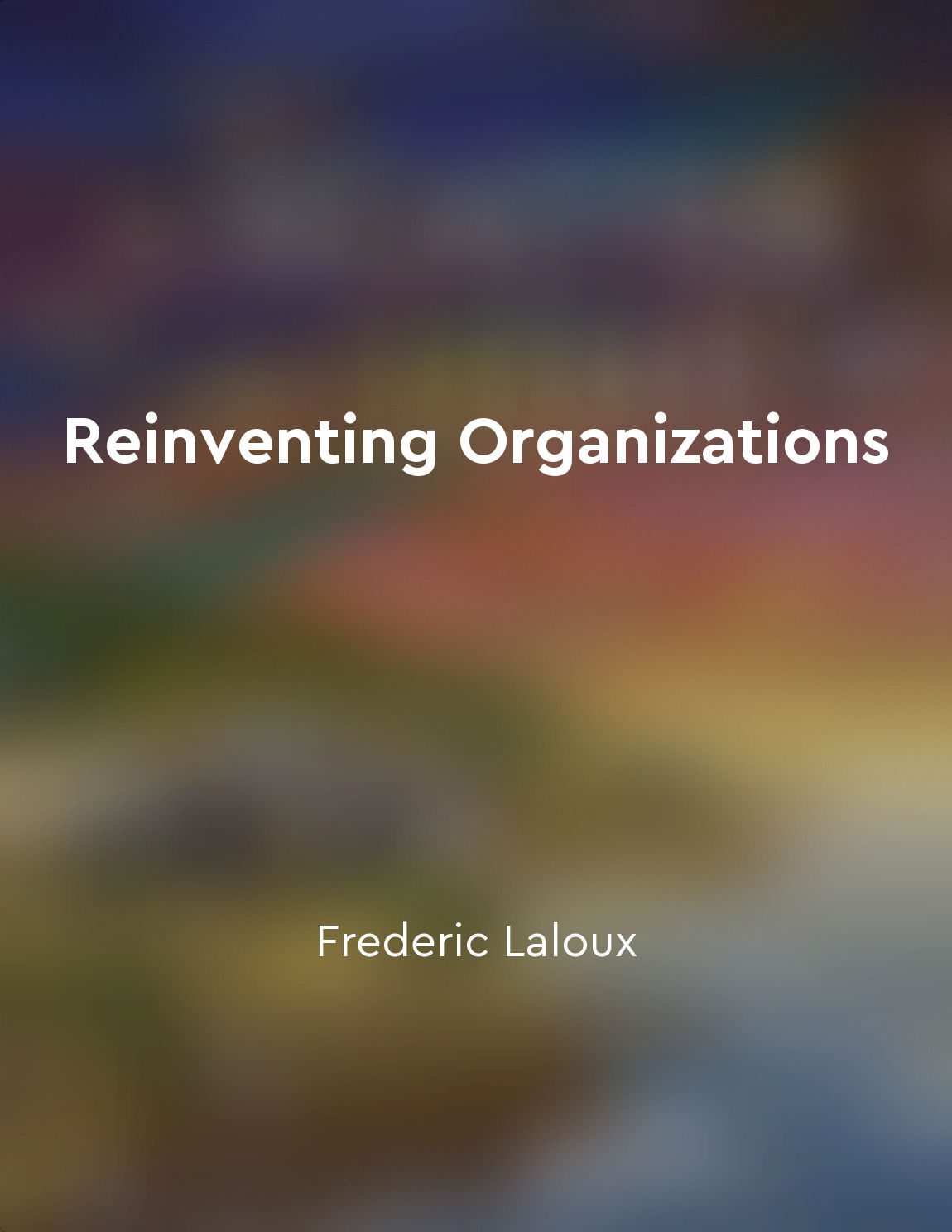The dominance of leaders is waning from "summary" of The End of Leadership by Barbara Kellerman
The notion that leaders are losing their grip on power reflects a broader societal shift away from traditional hierarchical structures. In today's world, where information flows freely and power dynamics are constantly shifting, the days of a single leader holding all the authority and control are becoming increasingly obsolete. This trend is evident in various sectors, from politics to business to non-profit organizations, where leadership is no longer synonymous with dominance. Leaders are now being held more accountable for their actions and decisions, as individuals and groups demand greater transparency and inclusivity in the decision-making process. This move towards a more democratic and collaborative approach to leadership challenges the traditional top-down model and emphasizes the importance of shared responsibility and collective action. In this new landscape, leadership is less about exerting control and authority and more about fostering collaboration and empowering others to take on leadership roles. The rise of social media and digital technologies has also played a significant role in diminishing the dominance of leaders. These platforms have democratized communication and enabled individuals to connect and mobilize around shared causes, bypassing traditional hierarchies and power structures. Leaders must now navigate a more complex and interconnected world, where their influence is constantly being challenged and scrutinized by a more informed and empowered populace. As the boundaries between leaders and followers blur, the concept of leadership itself is evolving. Instead of relying on a single leader to provide all the answers and direction, organizations are increasingly turning to distributed leadership models that tap into the diverse skills and perspectives of their members. This shift towards a more inclusive and adaptive approach to leadership reflects a recognition that no one individual can possess all the knowledge and expertise needed to navigate today's complex challenges.- The dominance of leaders is indeed waning in a world characterized by rapid change, interconnectedness, and heightened expectations for transparency and collaboration. Leaders must adapt to this new reality by embracing a more inclusive and participatory approach to leadership that values diversity, shared responsibility, and collective action. Only by relinquishing the notion of absolute control and embracing the power of collaboration can leaders truly thrive in this evolving landscape.
Similar Posts
A leader's values and beliefs influence their actions
The values and beliefs that leaders hold play a crucial role in shaping their actions and decisions. Leaders who are guided by ...
Model the way by setting an example
In order to effectively lead others, one must demonstrate the behaviors and values that they expect from their followers. This ...
The modern world is characterized by rapid shifts in power dynamics
The modern world is a turbulent landscape where power dynamics are in constant flux. Traditional sources of power, such as gove...

Organizations can be viewed as living systems
In the world of traditional management thinking, organizations are often seen as machines: predictable, controllable, linear. B...


